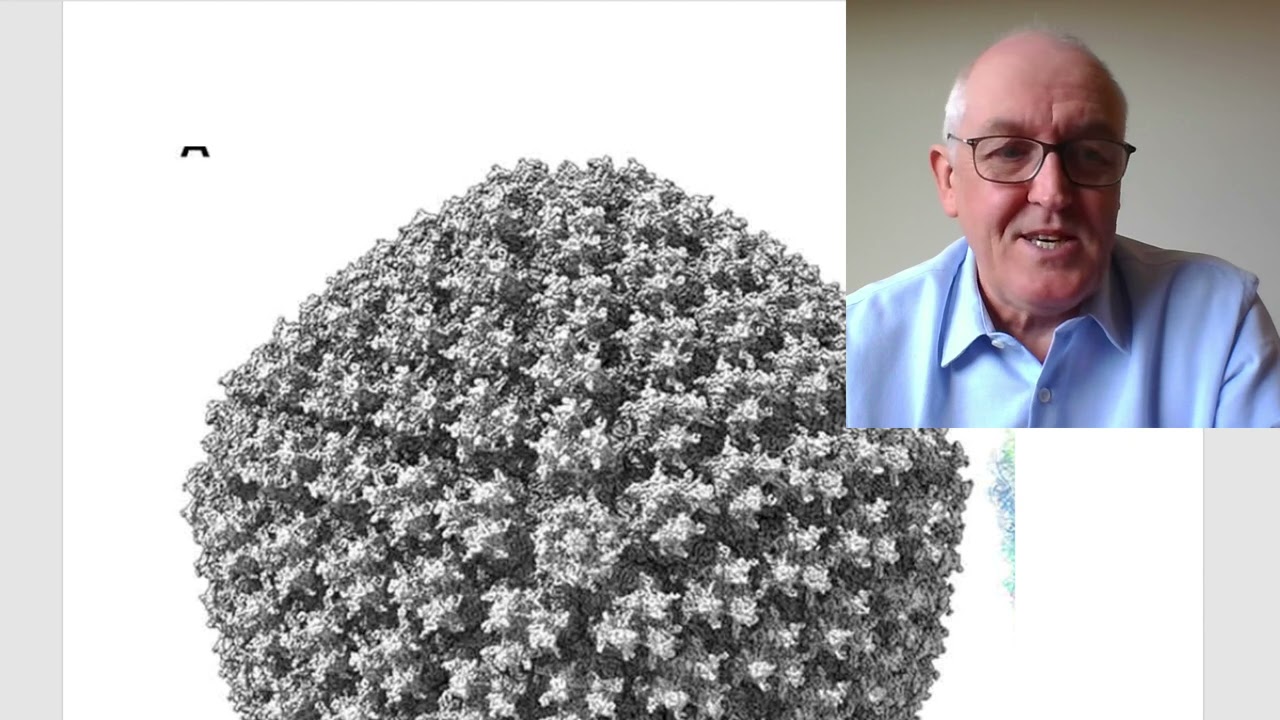Oxford vaccine and blood clots
https://www.dailymail.co.uk/news/article-10266585/AstraZeneca-uncovers-trigger-blood-clots-jab.html
https://www.gov.uk/government/publications/covid-19-vaccination-blood-clotting-information-for-healthcare-professionals/information-for-healthcare-professionals-on-blood-clotting-following-covid-19-vaccination
From 4 January to 4 August
AZ vaccine administered across the UK
24.8 million first doses
23.9 million second doses
412 suspected cases of CVST (Cerebral Sinus Vein Thrombosis) have been reported across the UK
(Only 43 suspected cases were after the second dose of AZ vaccine)
Overall incidence of CVST
After first dose, 14.9 per million
After second dose, 1.8 per million
CVST is a complication of COVID-19 infection
42.8 per million
MHRA as of 11 August, there were 73 fatal cases from the 411 events
ChAdOx1 interacts with CAR and PF4 with implications for thrombosis with thrombocytopenia syndrome
https://www.science.org/doi/10.1126/sciadv.abl8213
Vaccines derived from chimpanzee adenovirus
As part of the largest vaccination campaign in history,
Ultra rare side effects not seen in phase 3 trials,
including thrombosis with thrombocytopenia syndrome (TTS)
Adenoviruses deployed as vaccination vectors versus SARS-CoV-2 bind to platelet factor 4 (PF4),
a protein implicated in the pathogenesis of HIT.
heparin-induced thrombocytopenia
Computational simulations to demonstrate an electrostatic interaction mechanism with PF4,
which was confirmed experimentally by surface plasmon resonance.
These data confirm that PF4 is capable of forming stable complexes with clinically relevant adenoviruses,
an important step in unravelling the mechanisms underlying TTS.
Platelet factor 4 (PF4)
https://en.wikipedia.org/wiki/Platelet_factor_4
https://www.nature.com/articles/s41420-019-0188-0
https://www.sciencedirect.com/topics/neuroscience/platelet-factor-4
This chemokine is released from activated platelets during platelet aggregation, and promotes blood coagulation
Also has a role in inflammation and wound repair
Prof Alan Parker, Cardiff University
The adenovirus has an extremely negative surface, and platelet factor four is extremely positive and the two things fit together quite well
What we have is the trigger, but there’s a lot of steps that have to happen next
Recent case reports show that most patients presenting with TTS
( more than 90%) tested positive for PF4 antibodies
A ChAdOx1/PF4 complex could induce anti-PF4 autoantibodies.
In this potential mechanism, small quantities of ChAdOx1 enter the blood through minor capillary injuries
caused by the intramuscular injection, as has previously been observed
This proposal goes some way toward explaining why TTS is observed so rarely,
because it may require a series of low frequency stochastic interactions,
first between small numbers of adenovirus particles entering the blood / lymph and then monocytes and / or B cells,
which may only occur in individuals who are predisposed toward the generation of anti-PF4 antibodies.
https://www.bbc.com/news/health-59418123
Source
